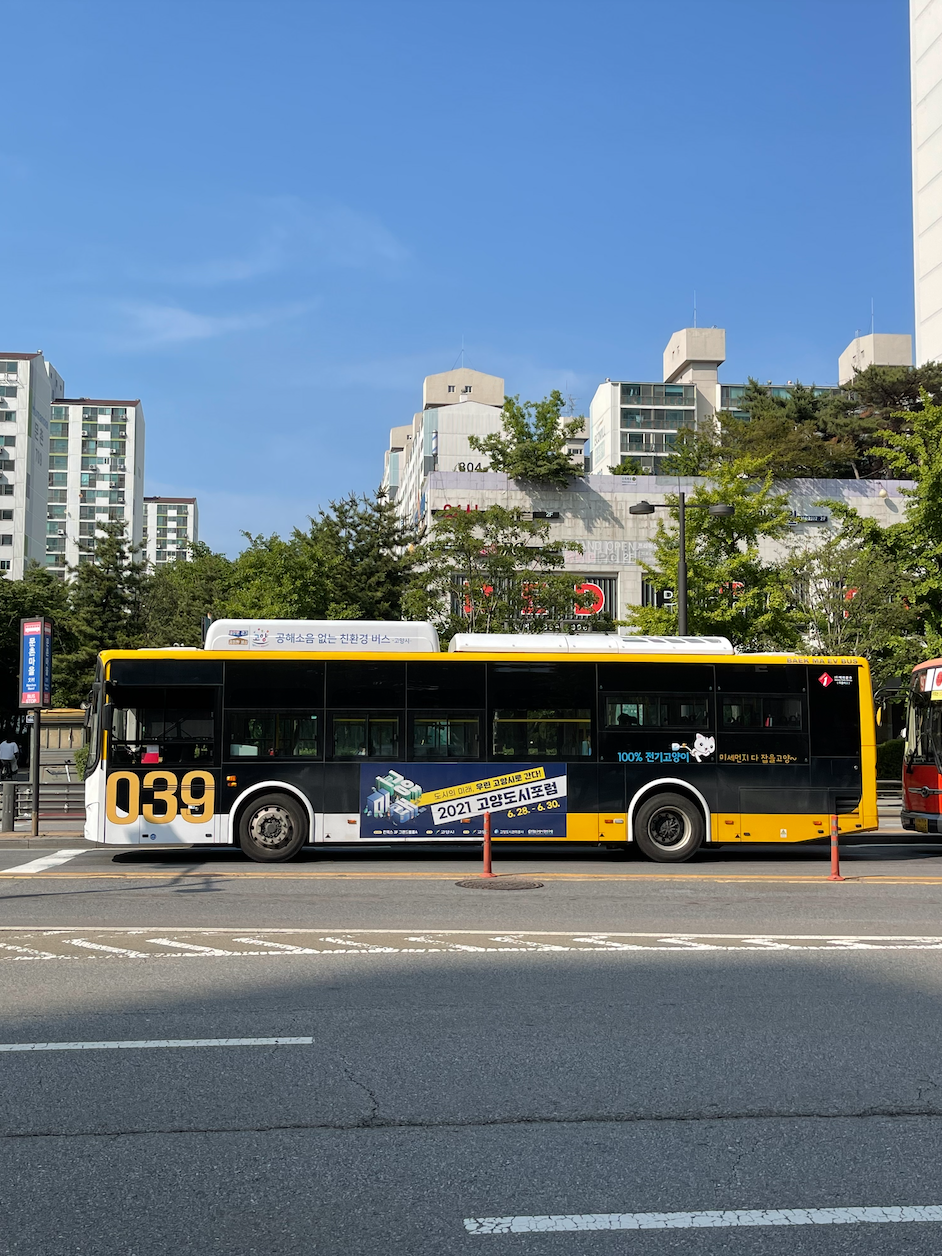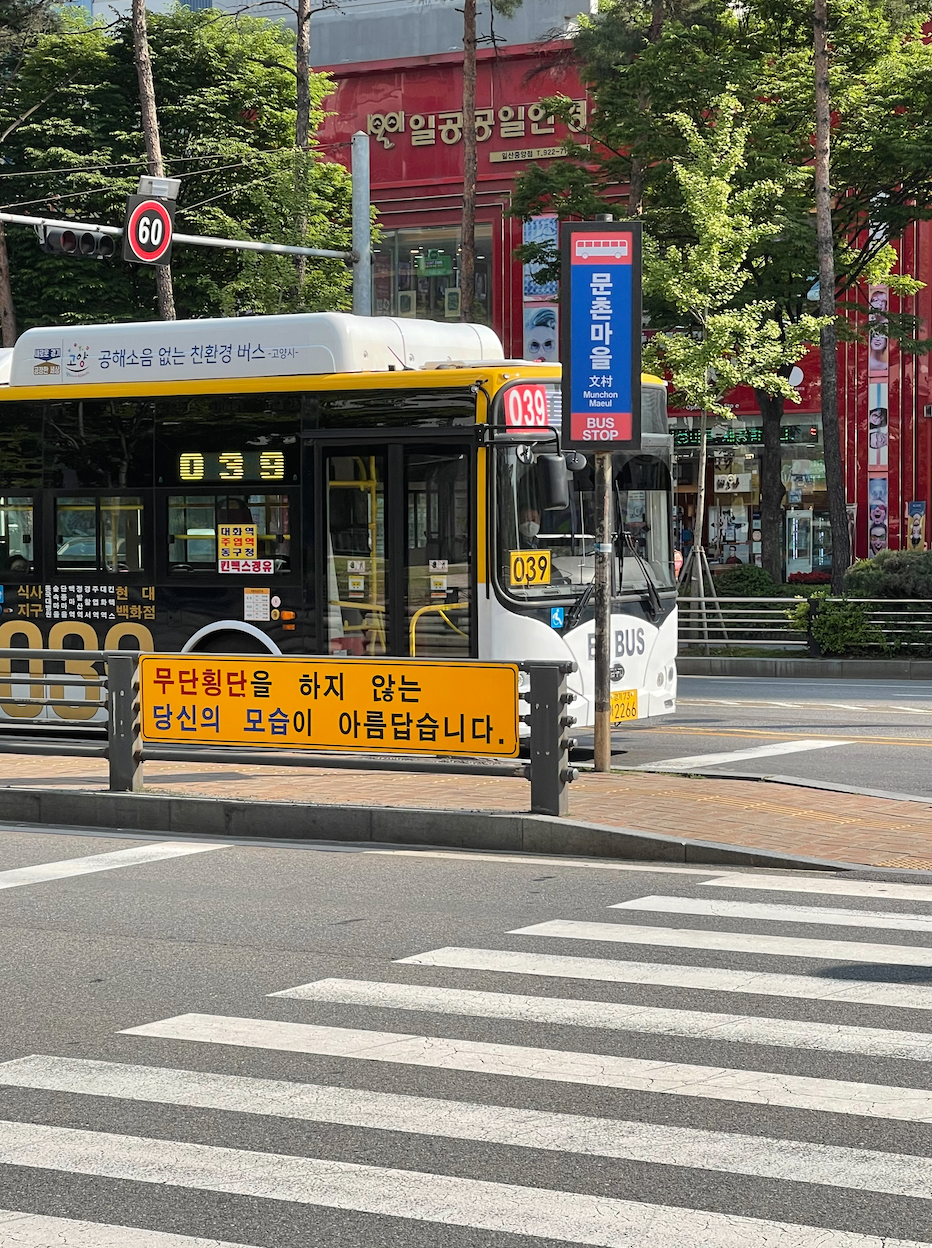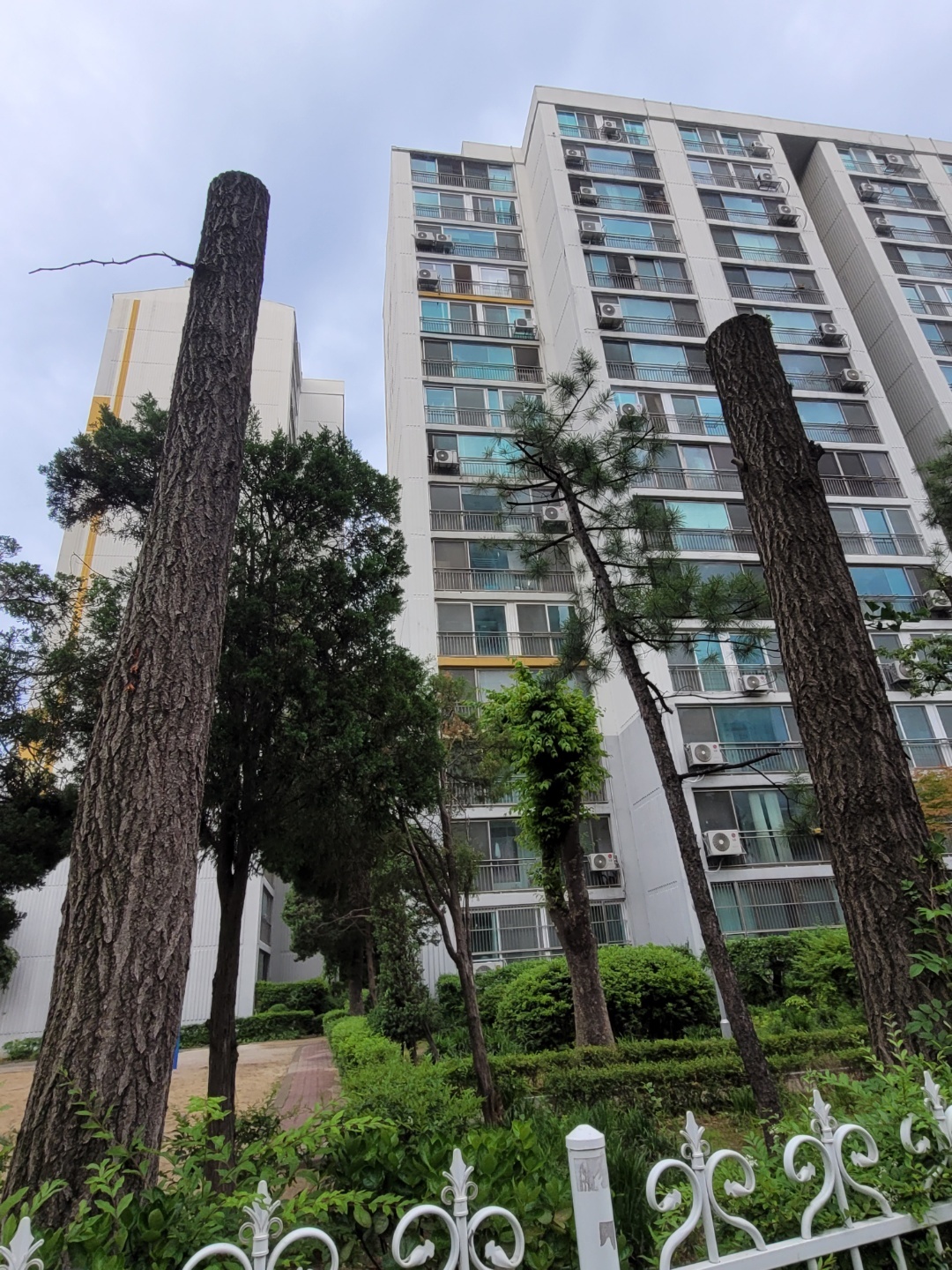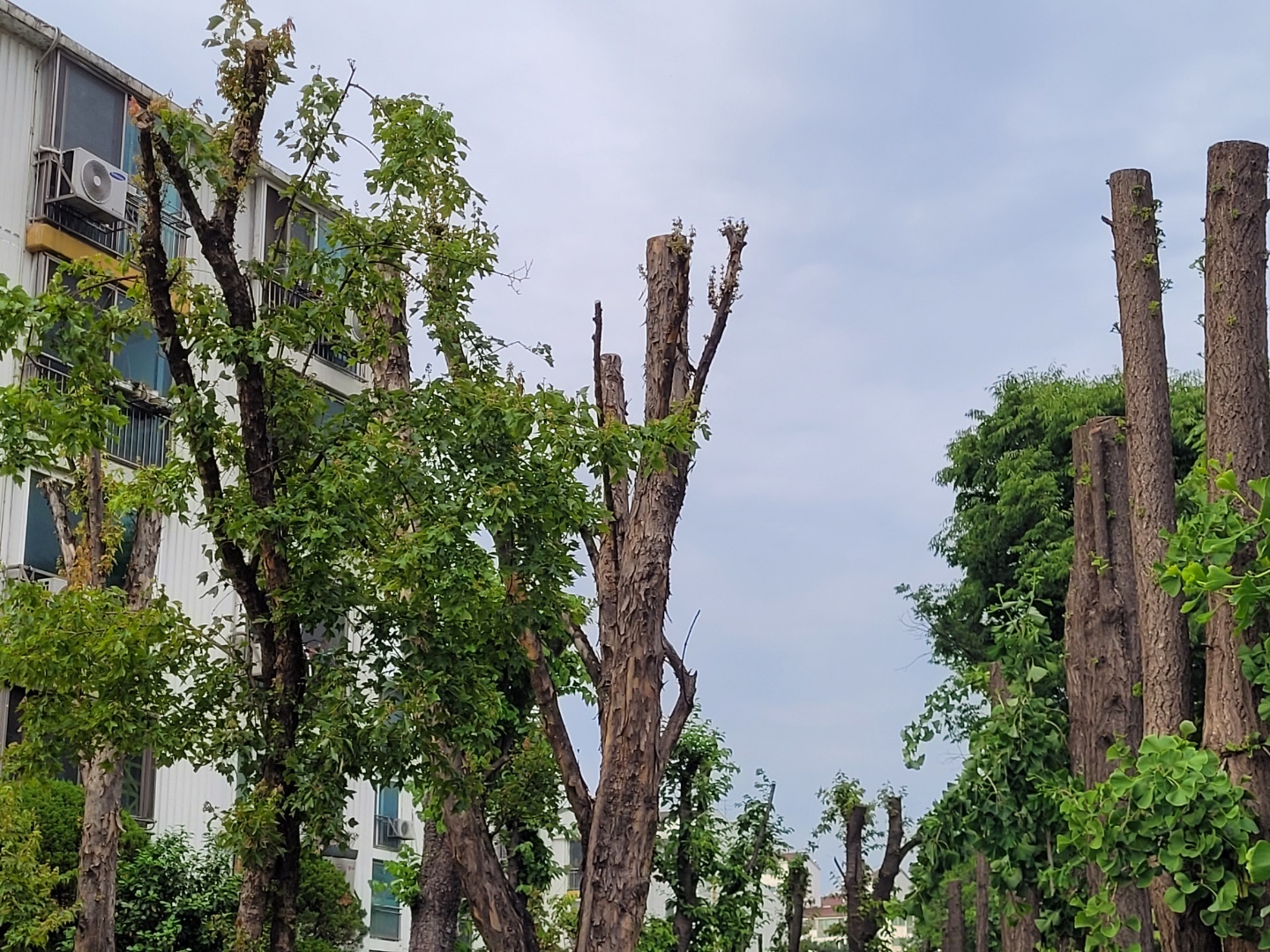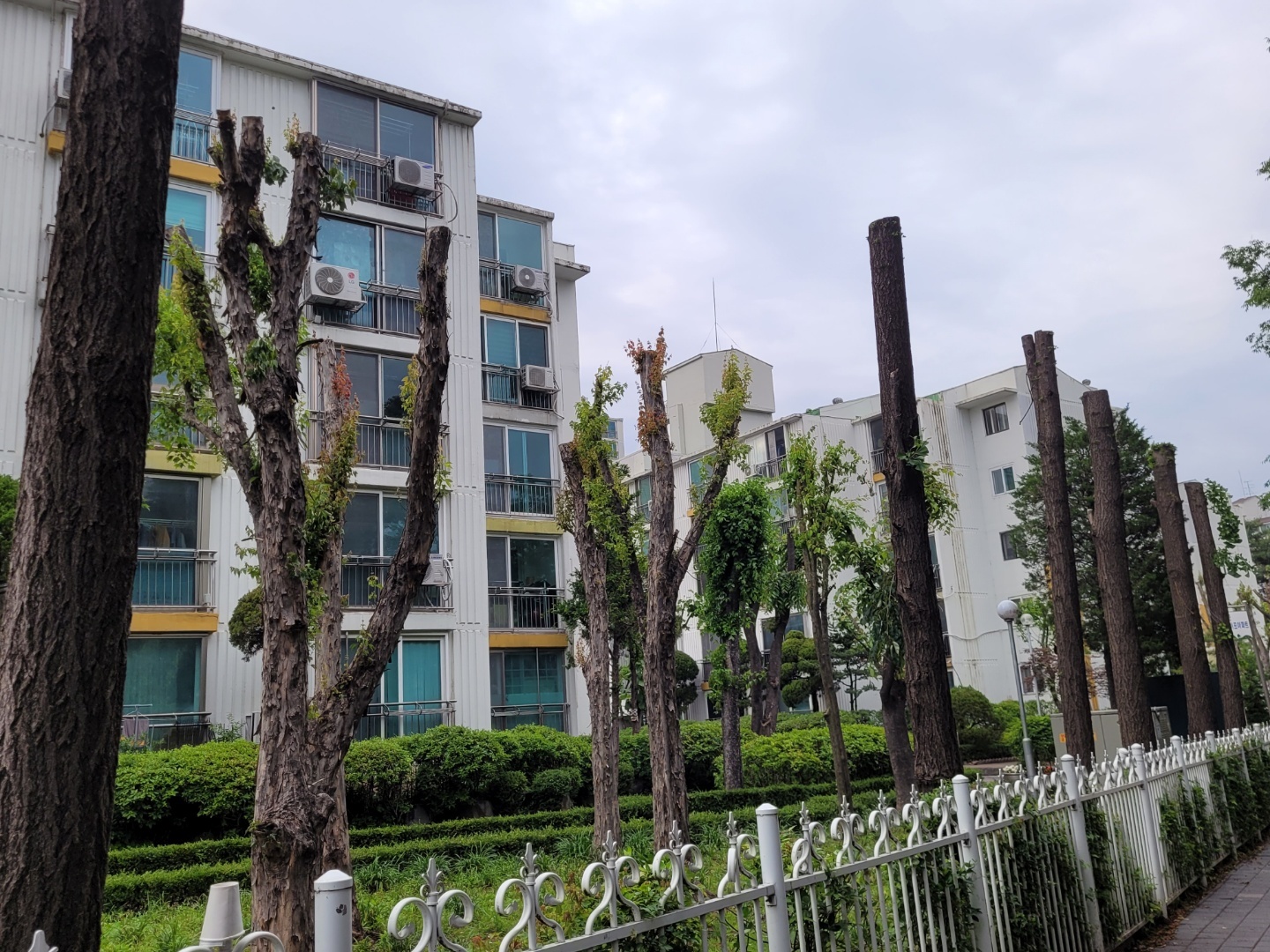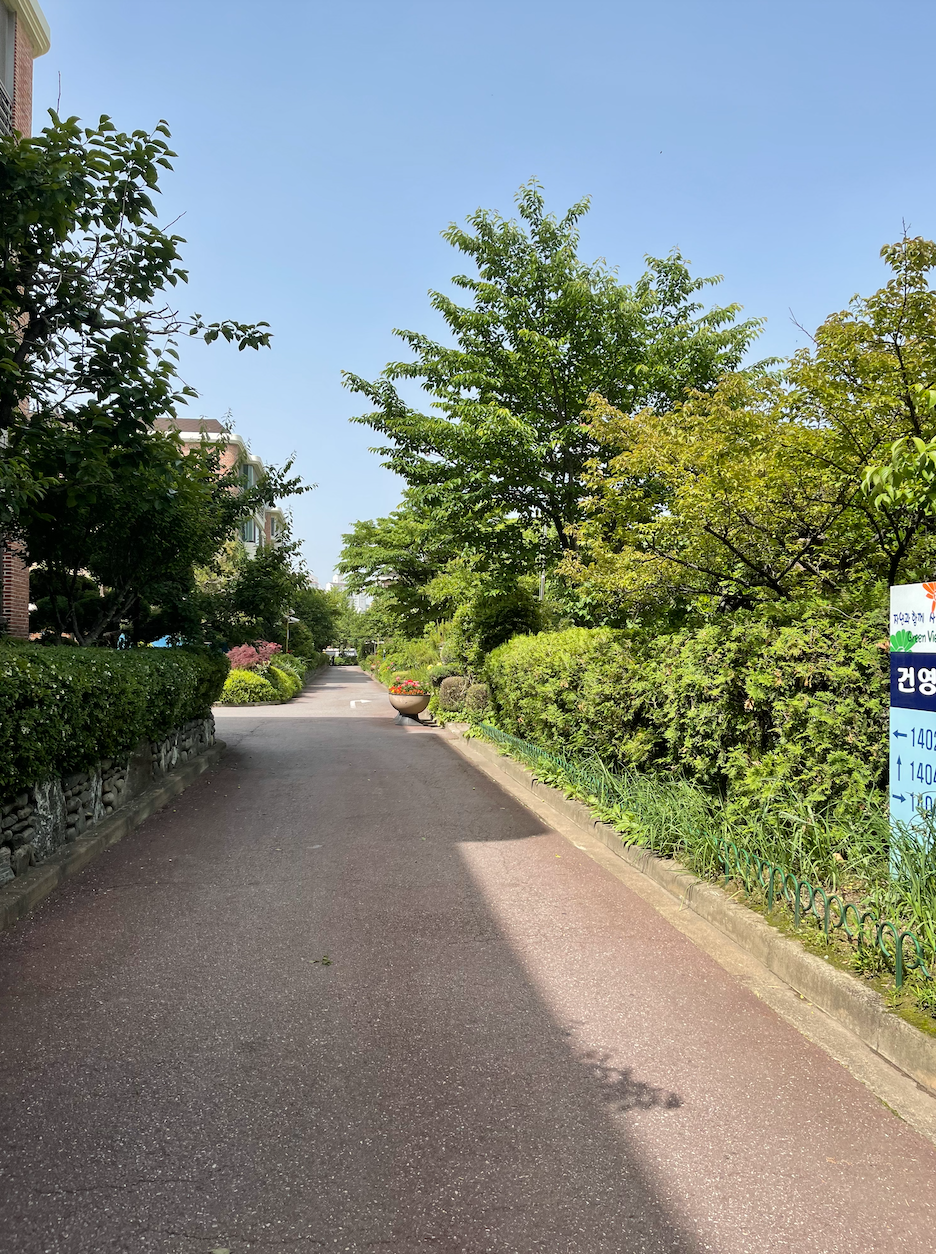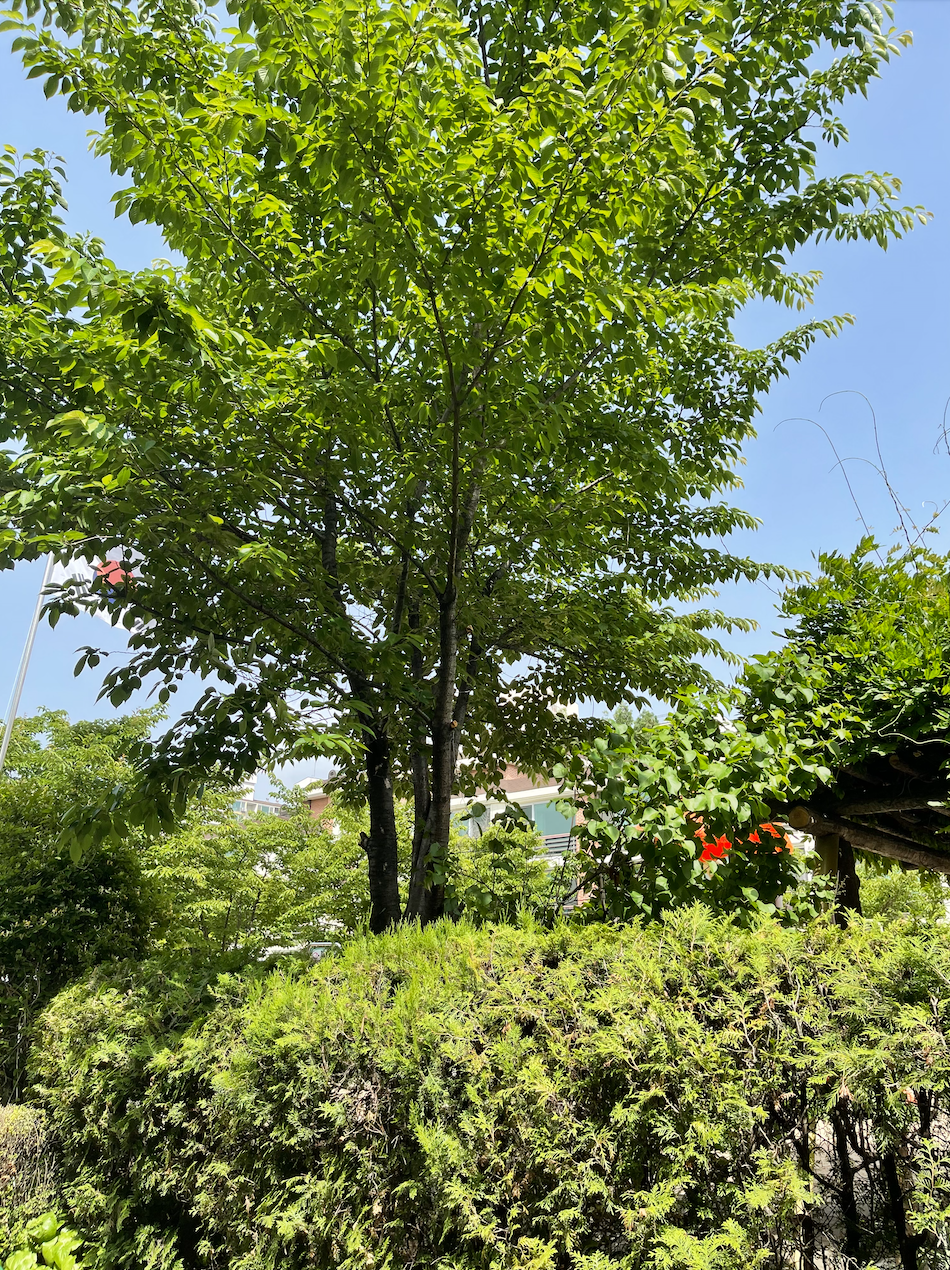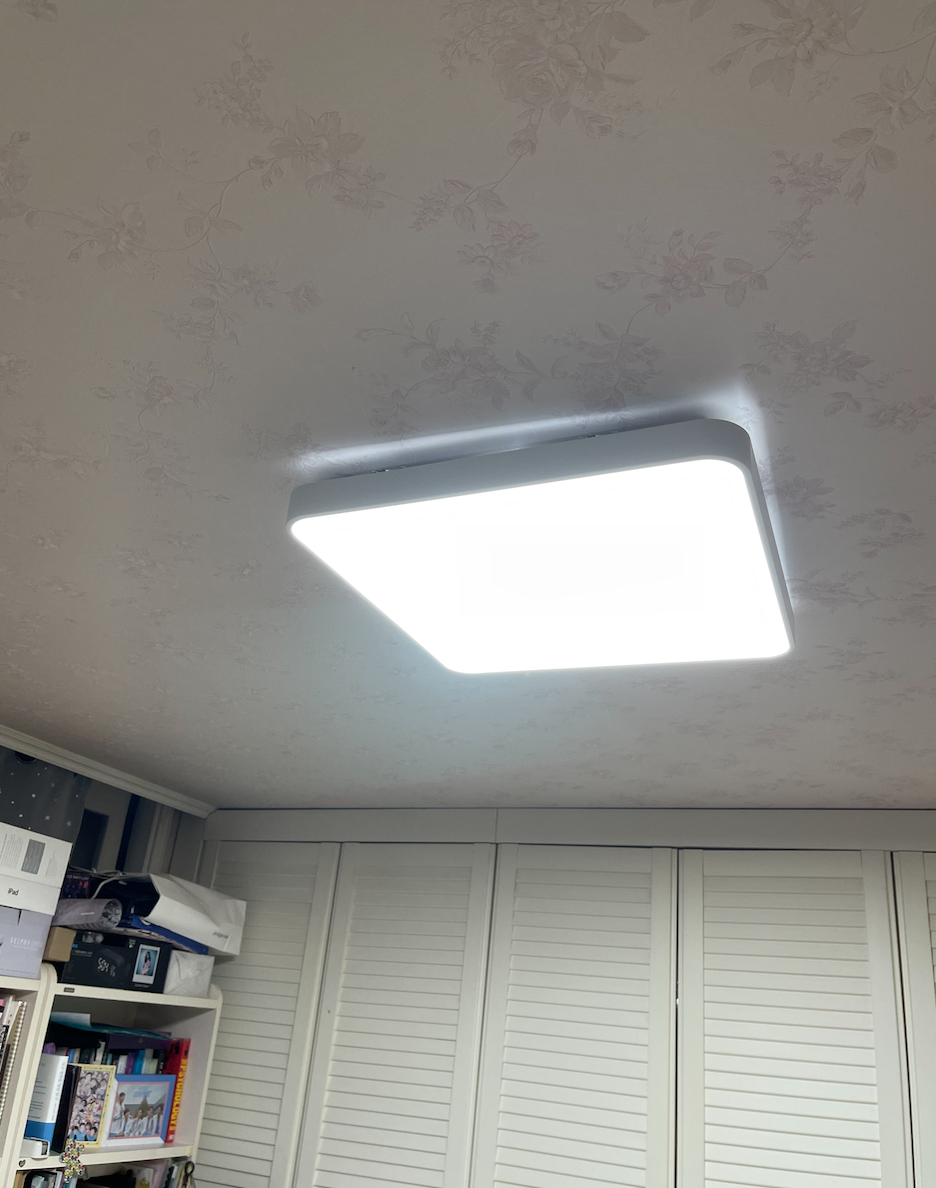After starting the Project Drawdown EcoChallenge and having the chance to think more mindfully about each and every action that I take, the first thing that really struck me as needing to change was the amount of food waste that my family was making. Unlike the kitchen/food waste system in the States where you can grind away most food wastes at the sink, here in Korea you still have to collect all the food waste and throw it out manually in the collective food waste bin located outside the apartment complex. Because of this way of throwing out the food waste, I was able to visually see how much waste we were producing. Before this challenge, I don't think that I paid much attention to this, since I was never the one responsible for throwing out the food waste. It therefore really was this challenge that made me pay attention to not only the amount of waste we produce, but also the contents of it. I noticed that a lot of our food waste comes from 1) left-over, uneaten food scraps and 2) peels of fruit.
My family in general love food and love trying different recipes. When we cook at home we also tend to naturally cook more than what we can eat in one meal. I realized that my desire to eat something new or something different each day was adding largely to this problem. Therefore, I decided that what I can do to reduce our waste is to simplify my meals. After deciding to do so, for a little over a month now, I have been portioning my food and sticking to having the similarly structured meal each day. I have also chosen a specific amount of food that I will have for each meal so I don't leave any left-overs. This has also helped me start a practice of meal-prepping. For example, now if I cook a rice-cooker full of rice, I will portion it into 1-meal sizes and put it in the fridge to eat throughout the week. I noticed that one rice-cooker size portion divided up lasts me 4-5 days and after I started doing this, I haven't thrown away any rice. Also, choosing how much I will eat helped me not only reduce the amount of waste, but also made me healthier since I rarely over eat nowadays. I also buy less food in bunk, especially produce that tends to go bad quickly.
We also cut down on our fruit intake and purchases as a family. In the past, we would buy all different kinds of fruit from the grocery store maybe twice a week. This wouldn't have been as big a problem if we didn't waste any of them, but because we were buying fruit so frequently a lot of it started going bad and we also produced so much food waste from the peels. These days, we have changed our habits. Around a month ago, we started purchasing from a local vendor instead of going to the grocery store. We also changed the types of fruit we bought a little bit. In the past, we used to buy a lot of Korean melons, oranges, Korean grapes (which you usually don't eat the peel), bananas, etc. These were fruits that inevitably produce a lot of food waste since you can't eat the peel. More recently, I noticed that we gravitate towards fruits that you can eat whole such as tomatoes (cherry tomatoes too), apples, and blueberries. This has also made me healthier because I am taking in less sugar each day from the fruits (in the past I believe I was eating too much fruits).
Overall, I noticed our food waste bag go from 1.5-2 full containers each day to around 0.5 full containers these days. I feel that this is a huge improvement and want to continue to make less waste, especially since this not only helps our environment but also helps make me healthier!
